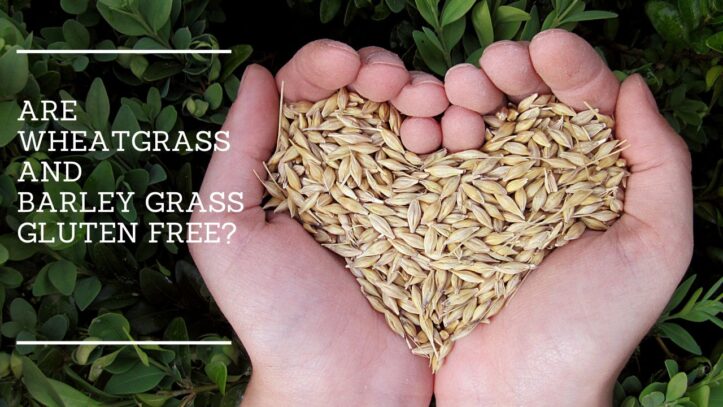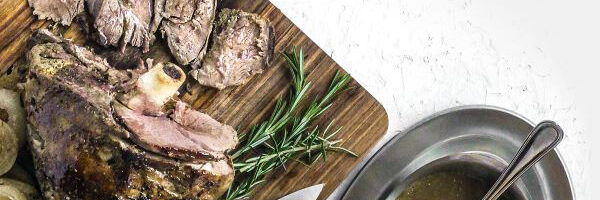
Are Wheatgrass And Barley Grass Gluten Free?
Wheatgrass and barley grass have gained popularity in recent years as health supplements due to their nutritional benefits. However, for individuals with celiac disease or gluten sensitivity, the presence of gluten in these grasses raises concerns because even with the smallest traces of gluten can lead to severe health issues. So, the question arises, are wheatgrass and barley grass truly gluten-free?
Wheatgrass is basically the baby grass from the wheat plant. It’s pretty common in Europe and America, and you can grow it indoors or outdoors. Wheatgrass is full of nutrition, packed with vitamins C, A, and K, plus calcium, iron, selenium, and magnesium. Some say the chlorophyll in wheatgrass gives you a boost of oxygen in your system and it’s often found in superfood green powders.
Despite being from a wheat plant, wheatgrass is gluten-free. That’s because it’s harvested when it’s still young and way before any gluten-containing seeds start popping up. The trick with harvesting wheatgrass is getting the timing just right – it needs to be old enough to have all those nutrients but young enough to be gluten-free.
Barley grass is often mistakenly considered gluten-free, but the reality is more complex than simply comparing it to wheatgrass. The early shoots of the barley plant are rich in nutrients, making barley grass highly desirable. However, some barley plants begin sprouting seeds early in their life cycle, leading to potential mixing of gluten-containing sprouts with the barley grass.
This contamination frequently renders barley grass unsuitable for those with celiac disease, unlike wheatgrass. Testing for gluten content in products is often unreliable due to the difficulty in accurately assessing the amount of barley present. Therefore, unless manufacturers can confirm their processing methods, individuals with celiac disease or gluten sensitivity are advised to avoid products containing barley grass.
As always, if you have specific dietary concerns or health conditions, consulting with a healthcare professional or registered dietitian is recommended before making any significant changes to your diet.



